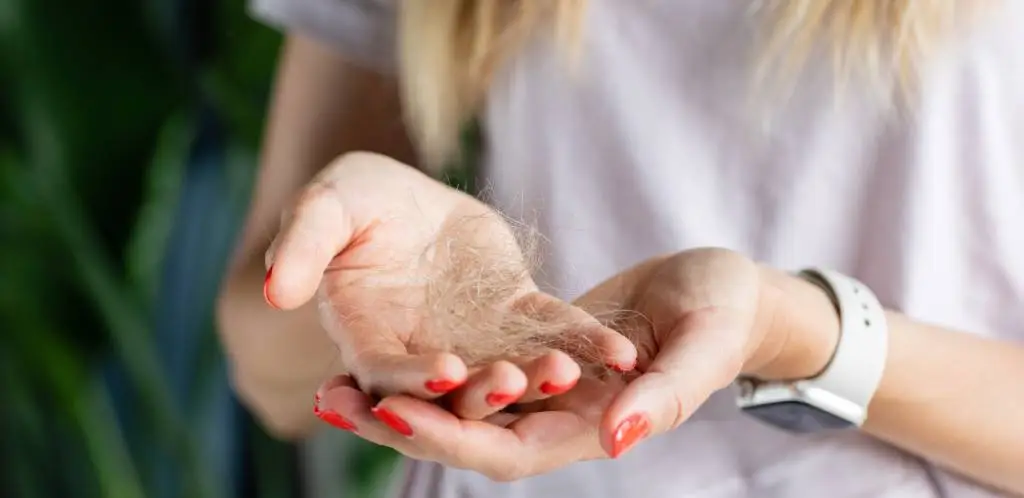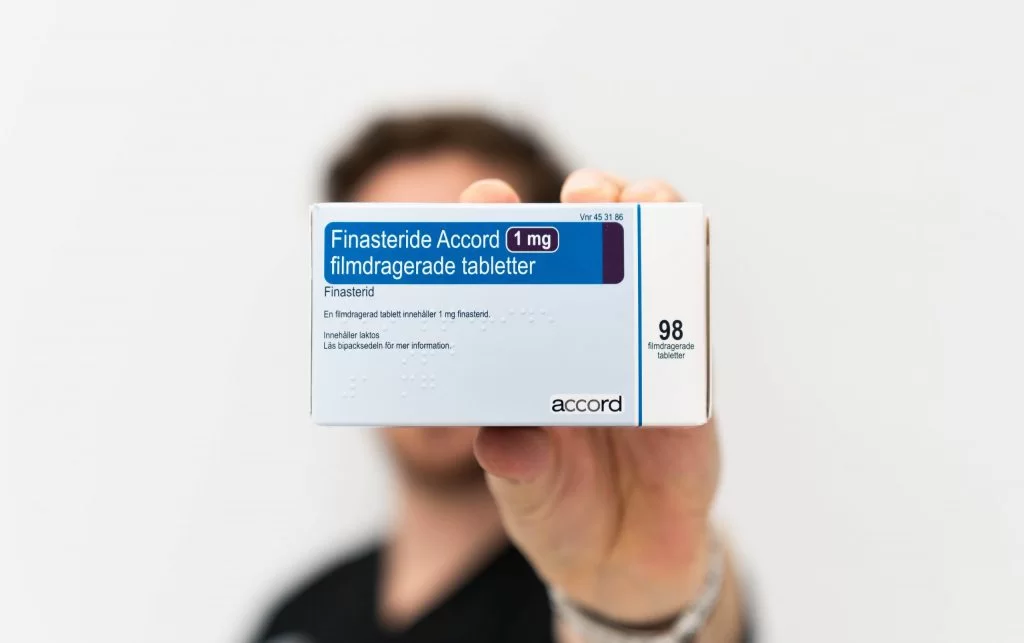Table of Contents
ToggleCan high cortisol cause hair loss? At Kopelman Hair, we help patients understand the connection between stress hormones and hair thinning. With over 40 years of experience, our team offers personalized solutions to restore confidence and hair health.
Key Takeaways
- High cortisol levels can disrupt the hair growth cycle by pushing follicles into the resting phase, leading to increased shedding.
- Hair thinning from cortisol often appears weeks after a stressful event and may be reversible with early intervention.
- Testing cortisol through blood and saliva helps confirm a hormonal imbalance and guide appropriate treatment.
- Lifestyle changes like improved sleep, reduced stress, and medical support can lower cortisol and promote hair regrowth.
- In advanced cases, Dr. Kopelman offers personalized restoration plans, including transplant options when necessary.
How Cortisol Impacts Hair Health
The body produces cortisol through the hypothalamic-pituitary-adrenal (HPA) axis. When you experience stress, this system signals your adrenal glands to increase cortisol production. While helpful in short bursts, prolonged activation of the HPA axis can cause hormonal imbalances. These disruptions may affect digestion, sleep, blood sugar levels, and healthy hair growth.
What Does High Cortisol Do to Your Hair?
High cortisol triggers a “fight or flight” response that deprioritizes non-essential functions like hair production. Over time, this leads to more follicles entering the resting phase, also known as telogen, where hair falls out more easily. It can also disrupt cell signaling involved in the hair cycle, making recovery more difficult.
Can Elevated or Excess Cortisol Cause Hair Loss?
Yes, elevated or excess cortisol levels can push hair out of the growing phase prematurely. This often results in diffuse thinning rather than patchy hair loss, making it harder to detect at first. It also contributes to stress related hair loss by weakening the immune system’s ability to regulate inflammation around the follicles.
Does Increased Cortisol Affect Hair Over Time?
Long-term stress creates a hormonal imbalance that can slow hair regrowth. Without intervention, this may result in visible thinning across the scalp and reduced hair density.
Hair loss linked to cortisol usually doesn’t happen immediately after a stressful event. In most cases, the visible shedding begins 6 to 12 weeks later, once the hair follicles enter the resting phase. This delay can make it harder to identify the exact cause without medical evaluation.
One common result of high cortisol levels is a condition called telogen effluvium. This occurs when hair follicles shift prematurely from the growth phase (anagen) into the resting phase (telogen), causing increased shedding. Telogen effluvium usually appears a few weeks or months after a stressful event.
Hormonal Causes of Hair Loss
What Hormone Makes Your Hair Fall Out?
Several hormones can contribute to hair loss. Androgens like DHT affect hair follicles directly. Thyroid imbalances and high cortisol levels also play a role. Steroid hormones such as cortisol and testosterone are particularly relevant in stress and hair loss patterns.
Can Low Cortisol Cause Hair Loss Too?
Although less common, low cortisol may also impact hair indirectly. Adrenal fatigue or disorders that reduce cortisol can lead to general hormonal imbalance, which may influence hair shedding.
Recognizing Symptoms and Warning Signs
Signs of Cortisol-Related Hair Thinning
Hair thinning from cortisol usually appears gradually. Common signs include:
- Increased hair in the shower drain or brush
- Loss of volume on the top or crown
Dr. Kopelman reviews medical history, lab results, medications, and lifestyle factors to ensure the right treatment. This approach tailors care to the individual’s profile and goals.
What Are the Symptoms of Too Much Cortisol?
In addition to hair loss, high cortisol symptoms include:
- Weight gain around the abdomen
- Trouble sleeping
- High blood pressure
Elevated stress levels can worsen these symptoms and contribute to prolonged hair loss.
Testing Cortisol and Diagnosing Hair Loss
Blood and Saliva Cortisol Tests
Cortisol levels and hair loss are often linked through lab testing. Saliva tests capture daily fluctuations, while blood tests offer a broader hormonal snapshot. Doctors may recommend both for accurate results.
Linking Hormone Levels to Hair Health
Correcting the hormonal imbalance can stop further loss and support regrowth. Here are common patient questions:
- When should I test? Morning levels are usually most accurate.
- Which test is best? Both saliva and blood are useful.
- How often should I test? It depends on symptoms and history.
Cortisol Hair Loss Treatment and Recovery
High cortisol hair loss is often reversible. Addressing the cause—chronic stress, health issues, or lifestyle—is essential.
To reduce cortisol and support healthy hair recovery:
- Sleep: Aim for 7–9 hours
- Reduce stress: Practice relaxation
- Avoid stimulants: Cut caffeine, alcohol, nicotine
- Seek medical help if symptoms persist
Bring this to your consultation:
- A log of stress events
- Photos showing hair changes
- Lab results and current medications
Dr. Kopelman tailors your treatment based on your profile and recovery goals.
Advanced Solutions for Severe Cases
When Lifestyle Changes Aren’t Enough
If cortisol remains high or hair loss is advanced, medical options may be needed. A specialist can suggest medications or targeted therapies.
Hair Transplants for Cortisol-Related Hair Loss
If regrowth is limited, hair transplant surgery may be an option. At Kopelman Hair, we evaluate each case carefully to ensure the best outcome.
Dr. Kopelman has treated thousands of patients with stress and hormone-related hair loss. His experience and methods support natural-looking, lasting results. Schedule a personalized consultation now.
























